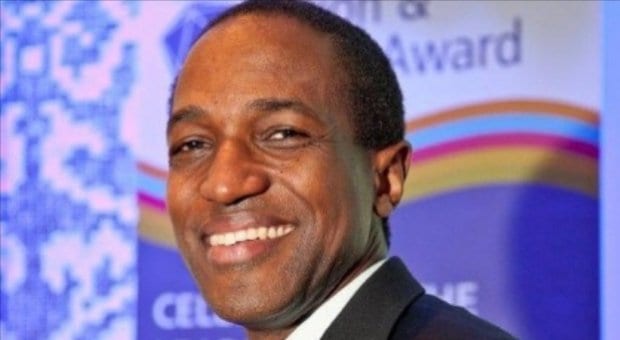Activist Maurice Tomlinson has criticized the United Nations for participating in a book launch hosted by a Caribbean country whose immigration legislation prohibits entry to gays, The Associated Press reports.
The book is entitled, “Legal and Policy Perspectives on HIV and Human Rights in the Caribbean.”
Section 8 of Trinidad and Tobago’s Immigration Act prohibits entry to homosexuals, people with mental health issues and those with physical disabilities. AP quotes Tomlinson as saying that it’s “an affront” to his dignity to be aware of the discriminatory measure but to choose to ignore it. Last year, Tomlinson pursued a lawsuit against the Trinidad and Tobago government over its entry ban, after he rejected invitations to attend a United Nations HIV workshop and a Caribbean Community (CARICOM) human rights conference there because of the anti-gay provisions.
Margje Troost, acting managing director of the HIV/AIDS project at St Maarten’s public health ministry, has also questioned why the UN has not been more assertive in demanding that Caribbean countries ban “clearly outdated laws and regulations” that are violating human rights.
A spokesperson for UNAIDS says the group, Pan Caribbean Partnership against HIV and AIDS (PANCAP), is the sponsor of the book launch, not the UN agency. UNAIDS was asked to deliver closing remarks at the event.
An invitation to the launch bears the logos of the University of the West Indies, PANCAP and UNAIDS.
There was hope last year that a new national gender policy being undertaken by the Trinidad and Tobago government would include support for LGBT people. That hope increased after Prime Minister Kamla Persad-Bissessar told a British activist that “stigmatization of homosexuality” must be addressed “on the grounds of human rights and dignity to which every individual is entitled under international law.”
But in the months after that statement, to Lance Price of Kaleidoscope Trust, there has been little momentum or follow-through.
In May, the Trinidad Guardian reported that then-gender affairs minister Marlene Coudray dismissed the notion that the policy would include protections for gays.


 Why you can trust Xtra
Why you can trust Xtra


